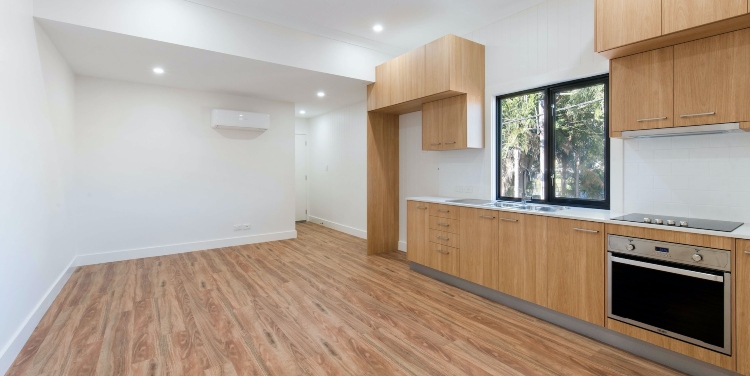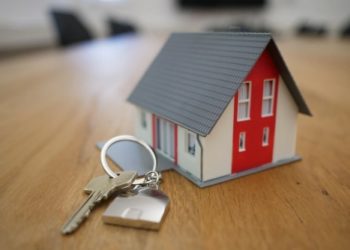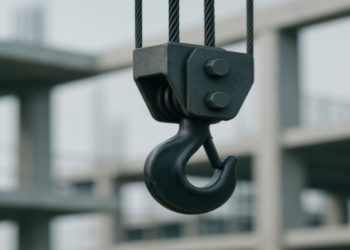Living in a rented property means that whenever you need something related to your home, you will have to liaise with your landlord, either in person or using an estate agent. This can be great as you don’t often have to foot the bill for repairs – your landlord will.
Landlords have a number of legal responsibilities to you as tenants, so it is important you know what they are to avoid being taken advantage of. When in doubt, check your contract for answers. If you are having difficulties with your landlord, you may want to contact a firm of solicitors that can help you.
Maintenance and repairs
Maintenance is one of the most common things people think of when it comes to a landlord’s responsibility.
In broad terms, your landlord is responsible for any maintenance that is to do with the structure and exterior of your house, any plumbing works and anything electrical or heating-based. These repair responsibilities are always true, regardless of anything in your contract.
Your landlord must make repairs when they know there is a problem so be sure to notify them. The reporting process varies between landlords and agencies, so be sure to familiarise yourself with it when you move in. Remember to keep copies and logs of any emails, texts or calls you make, just in case.
Safety and health standards
In an update to the law in October 2022, landlords must ensure that there is a working smoke alarm on each storey of a building. Although this has been a legal requirement for private housing since 2015, social housing must also now comply.
Similarly, carbon monoxide detectors must be in every room where there is a fixed combustion appliance. Landlords are responsible for both the maintenance and replacement of both types of detectors, but it is the tenant’s job to inform them if there is an issue.
Security and privacy
Feeling safe and secure wherever you are staying is something that every person deserves, and it is up to the landlord to ensure this.
Whilst it also falls under the obligation of repairing issues, your landlord must ensure the building is safe and secure. This includes anything related to your doors, windows or locks. If you have an outside space, fences and walls should be kept secure as well.Tenants also have a right to quiet enjoyment. This means you should be able to make use of the property without disturbance from the landlord. Of course, there will be times when the landlord may need to come in for repairs and inspections. If this is the case, you should have at least 24 hours’ notice unless it is an emergency.
David Prior
David Prior is the editor of Today News, responsible for the overall editorial strategy. He is an NCTJ-qualified journalist with over 20 years’ experience, and is also editor of the award-winning hyperlocal news title Altrincham Today. His LinkedIn profile is here.




![7 Best POS Software in the UK [2026 Edition]](https://todaynews.co.uk/wp-content/uploads/2026/02/7-Best-POS-Software-in-the-UK-2026-Edition-360x180.png)








































































